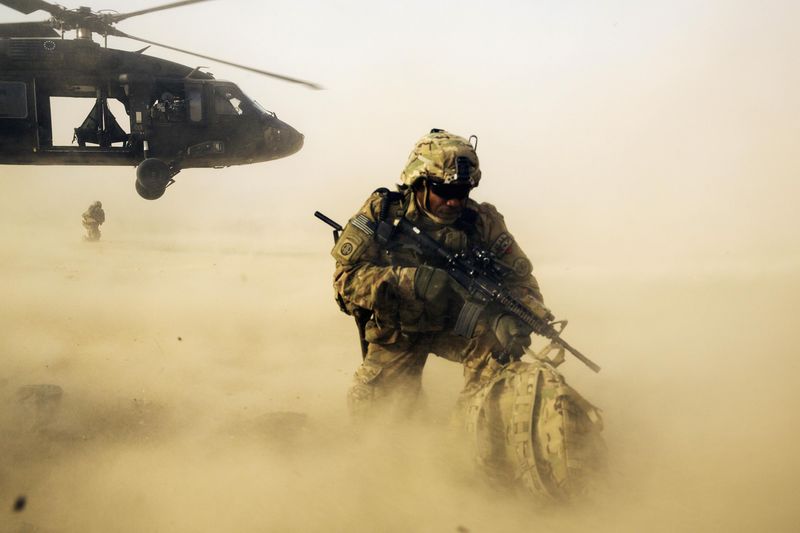KABUL (Reuters) - The U.S.-led force in Afghanistan is to make recently classified data on the Afghan security forces available to the public after a U.S. government watchdog complained about undue secrecy surrounding reconstruction efforts.
The U.S. watchdog had challenged the U.S. military's assertion that releasing data on topics ranging from recruitment of women to salaries and attrition could be of tactical benefit to Taliban insurgents, and called the decision to classify it "inexplicable".
The watchdog Special Inspector General for Afghanistan Reconstruction (SIGAR) accused the U.S. military of depriving the American people of an essential tool to measure the success or failure of the U.S.-led rebuilding effort.
The top U.S. commander in Afghanistan heading the new Resolute Support mission had said data needed to be classified to protect the Afghan National Security Forces (ANSF).
"Resolute Support has informed SIGAR that a majority of the information has been declassified and we are in the process of reviewing it," a SIGAR spokesman said in an emailed statement.
A spokesman for the U.S. force said in a statement: "A large volume of the data requested by SIGAR, when viewed alone, is suitable for public release.
"USFOR-A has since gone back and separated data releasable to the public from classified ANSF readiness data based on the SIGAR's request," the spokesman said.
The data that had been classified included information on ANSF strength, equipment, infrastructure and anticorruption measures. It was not immediately clear how much of that information would be released as a result of the decision.
A U.S.-led coalition ended its combat mission in Afghanistan at the end of 2014 but 12,000 mainly U.S. troops remain as part of a new international Resolute Support mission focusing on training the ANSF against a resilient Taliban insurgency.

The United States has spent over $100 billion on aid to Afghanistan, about $65 billion of it on the ANSF. The data on ANSF capabilities was classified in the final quarter of 2014.